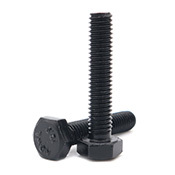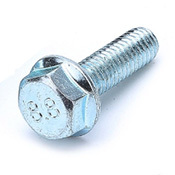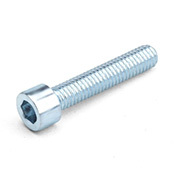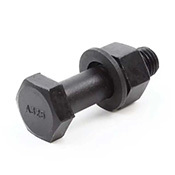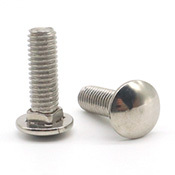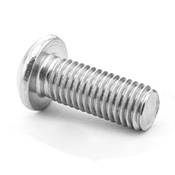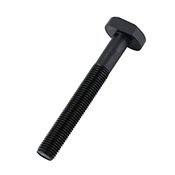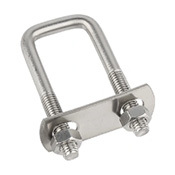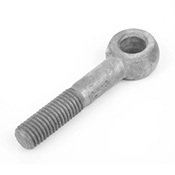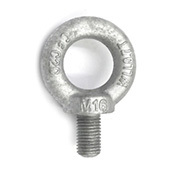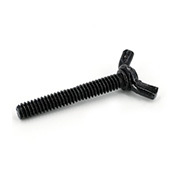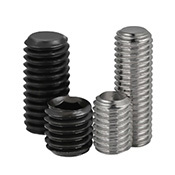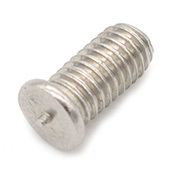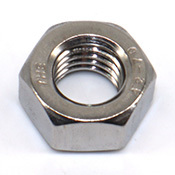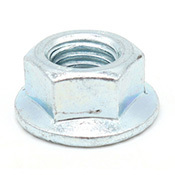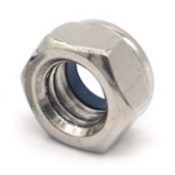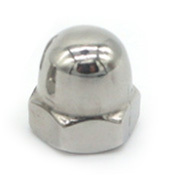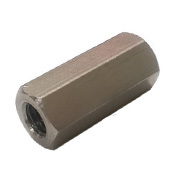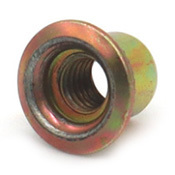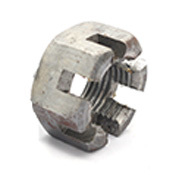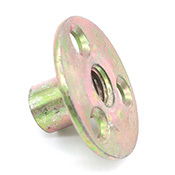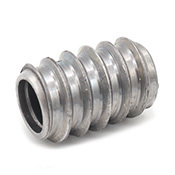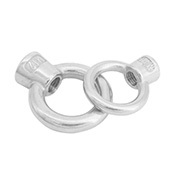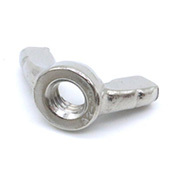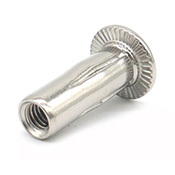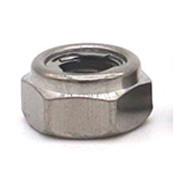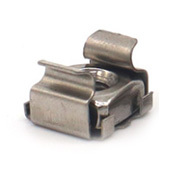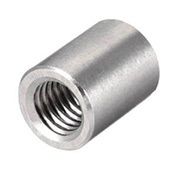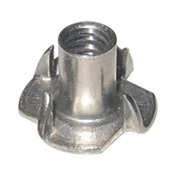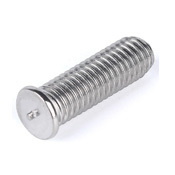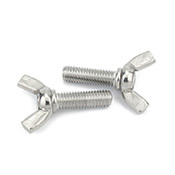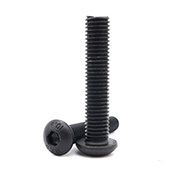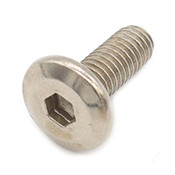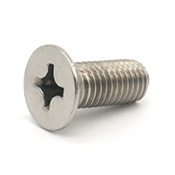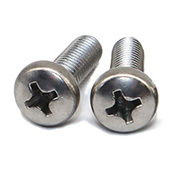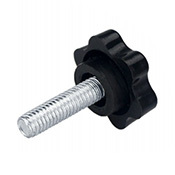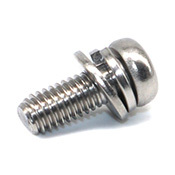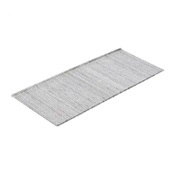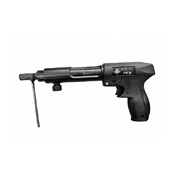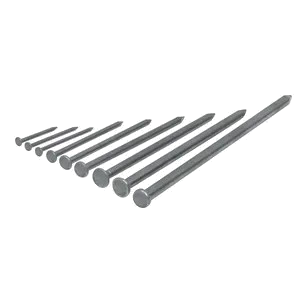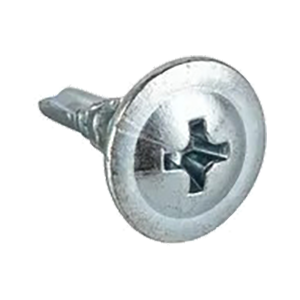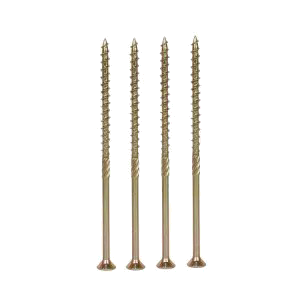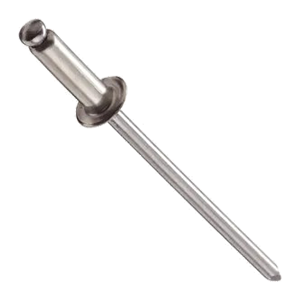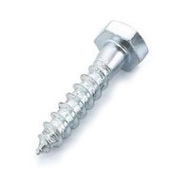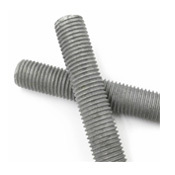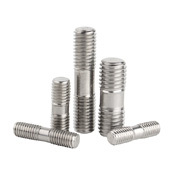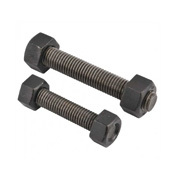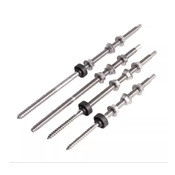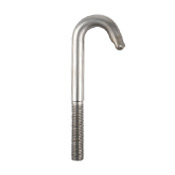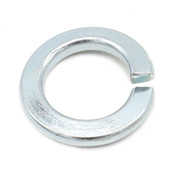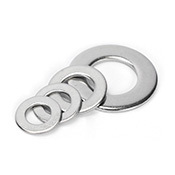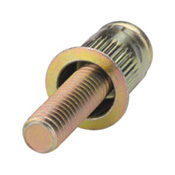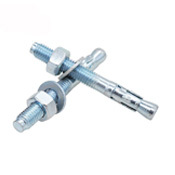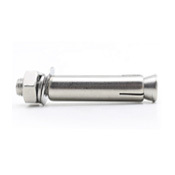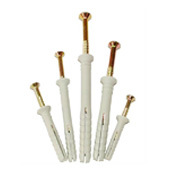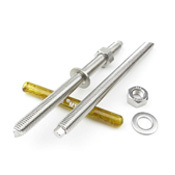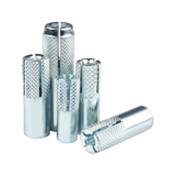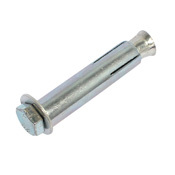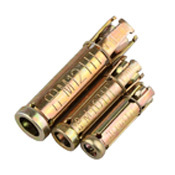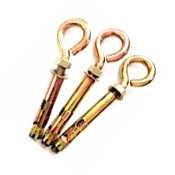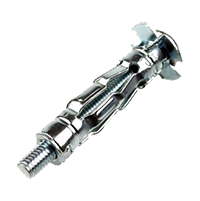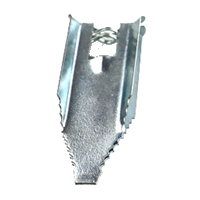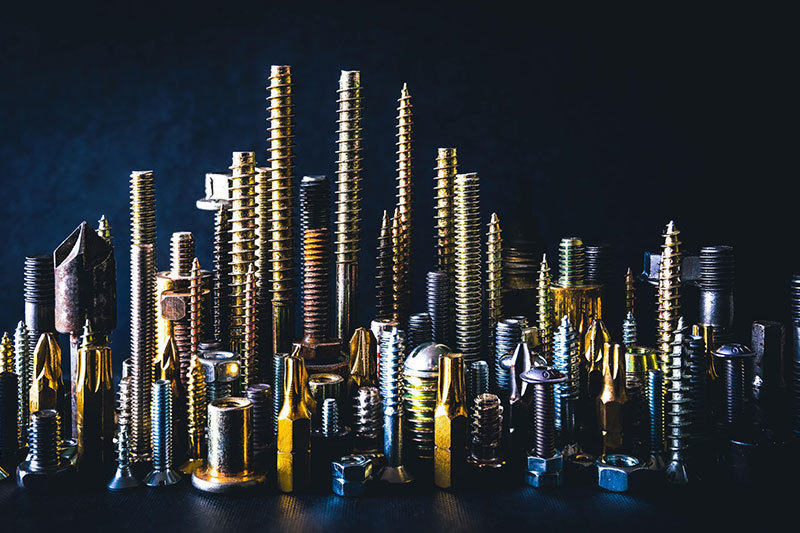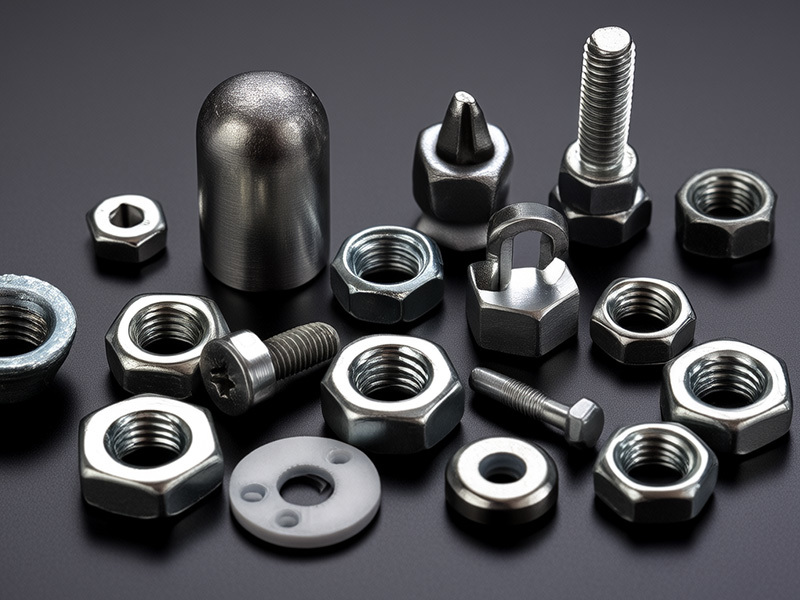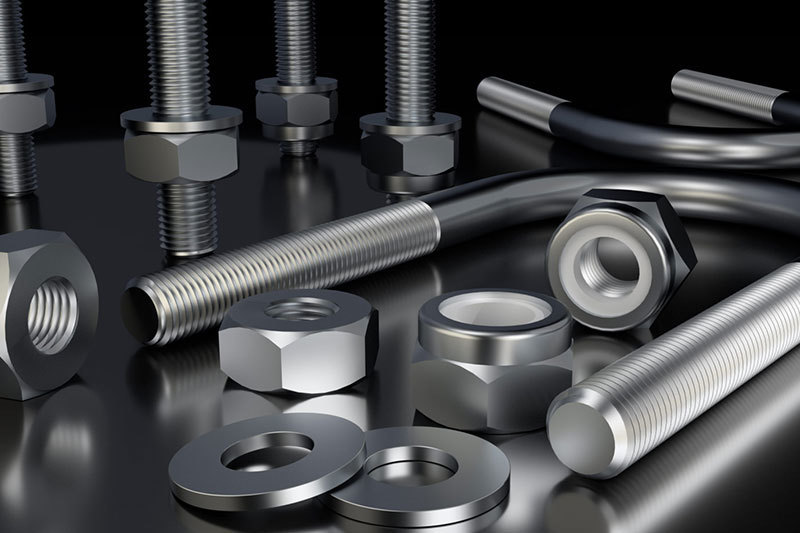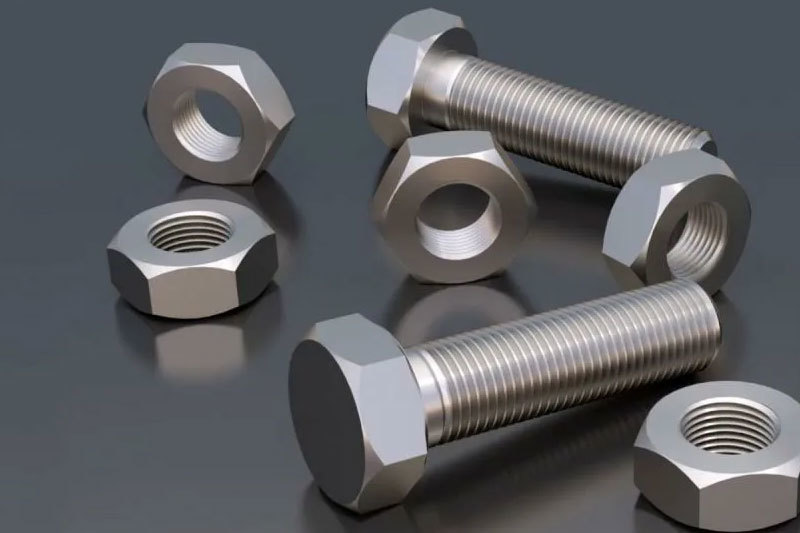Screws: Essential Tips and Tricks for Every DIY Enthusiast
Sep 15,2025
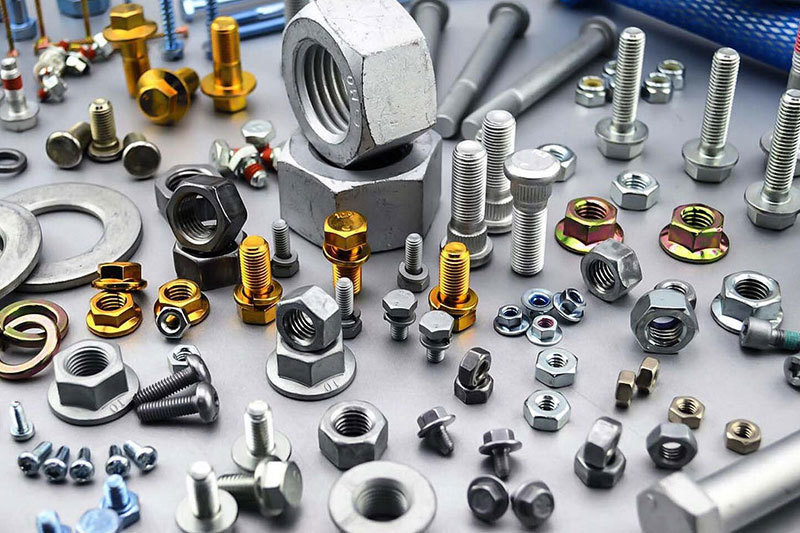
Introduction to Screws
Screws may seem like a small part of any DIY project, but let me tell you, they pack a punch! These little metal wonders are the unsung heroes of construction and crafts alike. Whether you're building a birdhouse or assembling furniture, understanding the ins and outs of screws can make all the difference.
Types of Screws: Know Your Options
Before diving headfirst into your project, it's crucial to understand the different types of screws available. There are wood screws, machine screws, self-tapping screws, and even drywall screws. Each has its own unique purpose. For instance, wood screws have coarse threads that grip well in wood, while machine screws are designed for metal. So, choose wisely!
The Right Tools for the Job
Now that you know your screws, let's talk tools. Using the right screwdriver is key—after all, you wouldn't use a hammer to drive in a nail, right? There are Phillips, flathead, and even Torx screwdrivers, each designed for specific screw heads. Make sure you have the right one on hand to avoid stripping those screws!
Screw Size Matters
When it comes to screws, size really does matter. Too long, and you risk splitting your wood; too short, and your project might fall apart. A good rule of thumb is to choose a screw that is roughly 1.5 times the thickness of the material you're working with. Trust me, your future self will thank you!
Pre-Drilling: A Game Changer
Ever found yourself struggling to drive a screw into a piece of wood? Well, here's a little secret: pre-drilling can save you a world of hassle. By creating a pilot hole, you reduce the risk of splitting the wood and make it much easier to drive in your screws. It's a simple step that often gets overlooked!
Avoiding Common Mistakes
Even seasoned DIYers can make mistakes when it comes to screws. One common blunder? Over-tightening. It can lead to stripped screws or even damage to your material. Instead, tighten just until the screw is secure. If you hear a pop, it's probably too late!
When to Use Washers
Have you ever wondered whether you should use washers with your screws? Well, here's the scoop: washers distribute the load of the screw head over a larger area. This can be particularly helpful when working with softer materials. So, don't skip this step if you want a secure hold!
Screws and Corrosion: What to Watch For
For outdoor projects, using the right screws is paramount. Regular screws can rust and corrode quickly when exposed to the elements. Opt for stainless steel or coated screws for longevity. Trust me, you don't want to redo that project because your screws decided to rust away!
Conclusion: Secure Your Success with Screws
In conclusion, screws may be small, but they play a major role in the success of your projects. By understanding the different types, sizes, and techniques associated with them, you'll not only make your tasks easier but also create sturdier builds. So, the next time you pick up a screw, remember these tips and let your DIY adventures flourish!
TAG:
Previous
Previous:
Related Posts
Application and Development of Fasteners in Automotive Industry

Tel/WhatsApp:
Sales E-mail:
The company's main products cover six categories, including nuts, bolts, screws, threaded rods, flat washers and sleeve anchors.
MESSAGE
We will contact you within one working day. Please pay attention to your email.
COOKIES
Our website uses cookies and similar technologies to personalize the advertising shown to you and to help you get the best experience on our website. For more information, see our Privacy & Cookie Policy
COOKIES
Our website uses cookies and similar technologies to personalize the advertising shown to you and to help you get the best experience on our website. For more information, see our Privacy & Cookie Policy
These cookies are necessary for basic functions such as payment. Standard cookies cannot be turned off and do not store any of your information.
These cookies collect information, such as how many people are using our site or which pages are popular, to help us improve the customer experience. Turning these cookies off will mean we can't collect information to improve your experience.
These cookies enable the website to provide enhanced functionality and personalization. They may be set by us or by third-party providers whose services we have added to our pages. If you do not allow these cookies, some or all of these services may not function properly.
These cookies help us understand what you are interested in so that we can show you relevant advertising on other websites. Turning these cookies off will mean we are unable to show you any personalized advertising.







